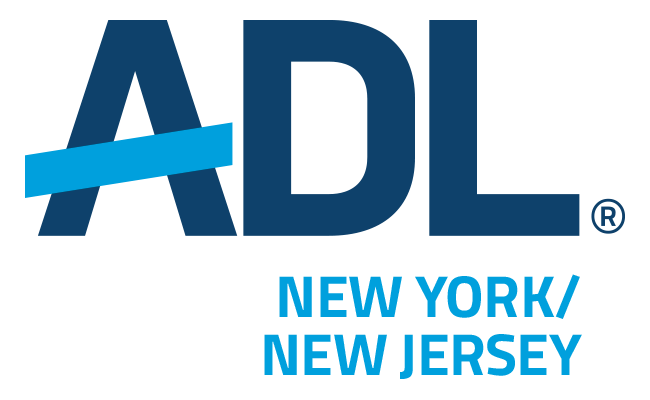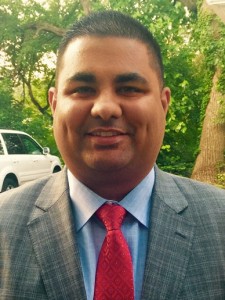ADL Summer Intern Class of: 1998
Current Job: Assistant United States Attorney for the U.S. Attorney’s Office for the District of Columbia
How did you get involved in ADL?
I was a peer educator in my high school and our program was run in conjunction with an ADL’s A World of Difference Institute (AWOD). One of the ADL/AWOD coordinators was Robin Sclafani, who was an alumni of my high school. As a young person who is a child of Pakistani immigrants, I was keenly aware of the prejudice and bigotry that is prevalent in high school settings. It was clear to me that in most instances this was the result of ignorance and not pure malice. As such, I worked hard to educate my fellow classmates on issues of tolerance and assisted in conflict resolution efforts. At some point, I was approached by a teacher about applying for a summer internship with ADL. I did apply and in the summer between my junior and senior year (1998), I served as an intern at ADL’s headquarters in UN Plaza. It was truly a life-changing experience where I learned a great deal about fighting prejudice and bigotry. During that summer I also had the privilege to travel to Brussels, Belgium, where all the ADL interns were involved in a conference with other peer educators from Europe. It was a truly amazing experience.
What does ADL mean to you?
It means that despite all the negativity that exists in the world today, there are those who are committed on a daily basis to eradicating prejudice and bigotry. That gives me hope.
As a leader in the ADL community, how would you advise others to have a local impact in the fight against hate?
I fundamentally believe that a majority of the hate we see in the United States today is the result of lack of exposure and ignorance. To eradicate hate it is not necessary for one to be engaged in some concerted effort to do just that. In fact, being present in community initiatives that have absolutely nothing to do with the subject of hate, like for example, working at the local food bank or being involved in a City Council committee, pays dividends in fighting hate. When people see that Jews, Muslims, Hindus, gays or any other minority group are engaged in the community, their perceptions and prejudicial feelings slowly chip away, almost subconsciously. The key is to be engaged in your community, no matter where it is. The rest will fall into place.


